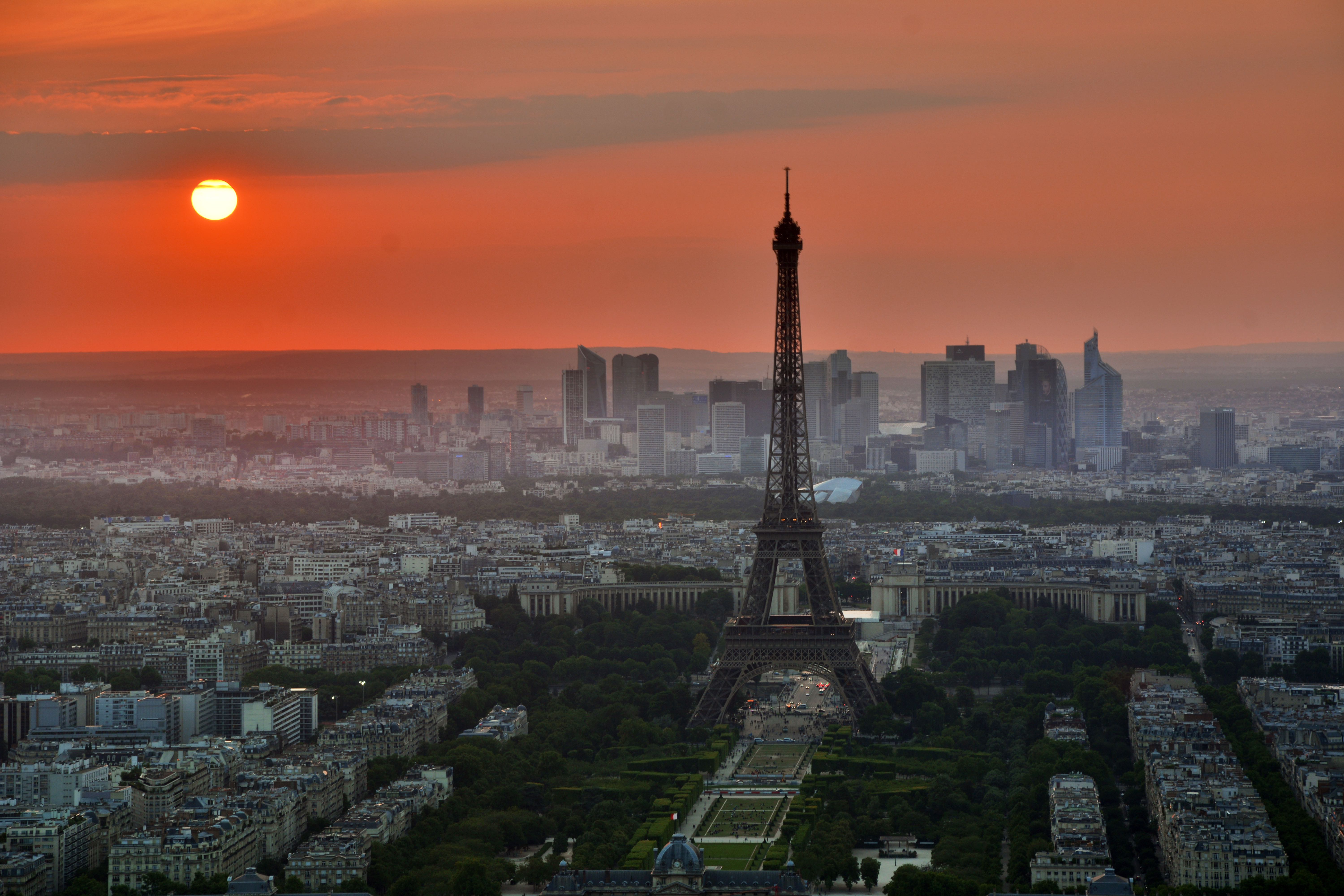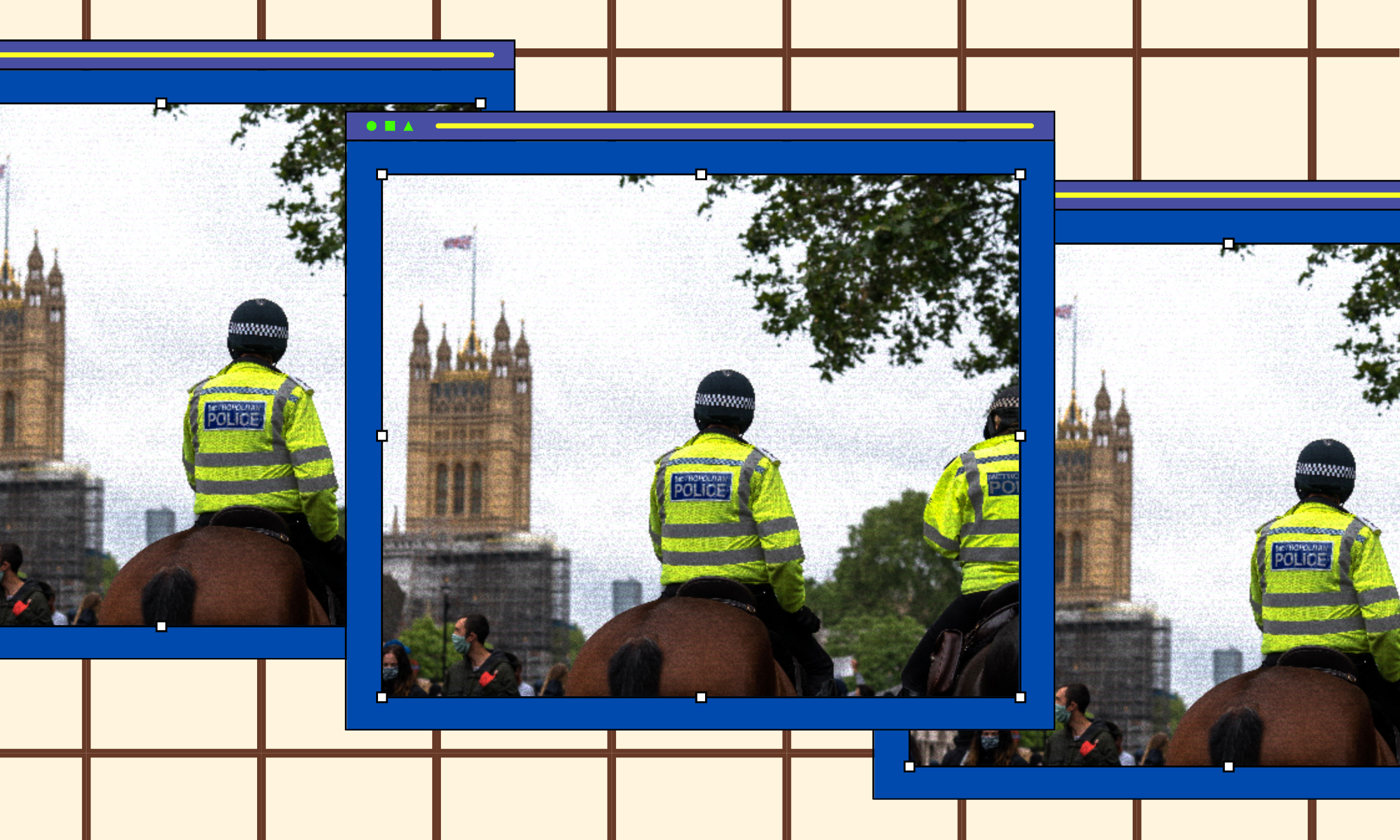
On 19 March 2017, activists, families of police brutality victims and citizens will march for justice and dignity. We will demand justice for all the people of colour (POC) killed and discriminated against by cisgender heteronormative patriarchal French society. We will also reclaim our right to exist in spaces that dehumanise, criminalise and reject our existence.
I owe my interest in politics – especially womxn, femme & qtpoc politics – to a march that a community of French womxn of colour, known as la MAFED (Marche des Femmes Pour La Dignité), organised and led on 31 October 2015. “The Dignity March” marked 10 years since the 2005 riots caused by Zyed Benna and Bouna Traoré’s deaths, and nearly 12,000 people showed up in solidarity. To me, it was a testament to the brilliance of radical, autonomous, political organisation by womxn of colour.
Let’s rewind to 27 October 2005. The deaths of Zyed and Bouna, who were electrocuted in a power facility whilst running from police, sparked rage and riots in the french capital and across France for the following three weeks. In the days preceding their deaths, Nicolas Sarkozy, the president of France at the time, referred to suburban youth as “thugs” (“racaille”) – language that people of colour have learnt to decipher; language that white people and institutions have used to discredit black and brown responses to their experiences since forever. Somehow, when we perform civil disobedience and riot for our humanity, we’re hooligans, yet when white people riot for theirs, they’re revolutionaries. This isn’t a surprise though, youth of colour have always been familiar with the guilty-until-proven-innocent approach the justice system projects on their bodies.
What the French government then dismissed as “hooliganism” was, in actuality, the reprise of a disturbing conversation on race relations in France. Up until then, it felt like everyone was tiptoeing around the visible remnants of France’s (neo)colonial past and present.
Months after Zyed and Bouna’s deaths, the French government removed the word “race” from its constitution, a decision that mirrors the ways in which France deals with racial tensions to this day: with apolitical universalism. An absurd belief that “we-are-one-human-race” mentality will smash racism and other forms of systemic oppression. Except that, just because one deletes the word “race” from their vocabulary, it doesn’t mean they’ve deleted racism in the same vein. I’d argue that universalism in France is the main tactic that white people adopt to justify their ignorance, instead of being held accountable for their roles in the oppression of POC in France.
Fast-forward to 29 July 2016. Adama Traoré dies in police custody in Beaumont-sur-Oise, a Parisian suburb. The summer of 2016 also brings the burkini ban and the anti-colonial POC-only summer camp, which sparked criticism, outrage and an ocean of white tears. It was that summer that François Fillon, an electoral candidate for the french presidency, called colonisation nothing more than “a cultural exchange” between France and its then-colonies.
Amidst all this frenzy, the outcry for Adama went viral both url and irl; the #JusticePourAdama hashtag was all over Black French twitter, black and brown bodies took to the streets to protest, led by Adama’s elder sister, Assa Traoré. Her very viral, very public shaming of the French judiciary system also led to a lesson in political harassment. As I type, three of Adama’s brothers are sitting in prison cells somewhere for reasons the police are yet to fully divulge.
Earlier this year, a 22-year old black man called Théo Luhaka was raped by the police on his way home. Weeks later, Guillaume Cornut, a white man with colonial nostalgia, thought it would be a great idea to revive France’s colonial past by (re)opening a café called “Bal Nègre” (n***er ball) in the heart of Paris. Just last week, Gala, the French magazine ridiculed Swaziland’s high commissioner and his spouse by saying their traditional garments were “inappropriate” attire to meet Queen Elizabeth II in. This was all within the first three months of 2017.
This is the France that people of colour are living in. This is the France that queer, femme, trans, non-binary, muslim, poor, (dis)abled, fat, mentally and/or physically ill, undocumented, depressed, unemployed people of colour are living in. It is a country that fights to erase us every day, whether that be in magazines, on television or in astoundingly white academic institutions. It is a country that the world portrays as the “country of human rights” yet it fails to extend those very rights to its own people. Or rather, to the people it refuses to acknowledge as its own.
On average, one person of colour dies from police brutality in France every month. The police officers who commit these murders end up being cleared of all charges and going on paid leave. When this statistic is brought up, most (white) people respond with, “it’s not as bad as the USA,” simultaneously forgetting that this is not a competition.
In a political climate that leaves much to be desired, French and non-French people of colour will march this weekend to lift up traditionally marginalised voices: voices that condemn racism, sexism, islamophobia and all forms of oppression inflicted by the state. With the first Dignity March still fresh in our minds, one can only hope this time around will be as monumental as the last. And with technology on our side, the revolution will be televised, Tweeted, Instagrammed, Snapped, and we will live to tell radical stories of resistance by self-proclaimed revolutionaries.
Join the Marche pour la Justice et la Dignité on Sunday 19th March 2017 @ 2pm, Place de la Nation, 75011 Paris

Britain’s policing was built on racism. Abolition is unavoidable

How Pakistan’s Khwaja Sira and transgender communities are fearing and fighting for their futures

Their anti-rape performance went viral globally. Now what?





